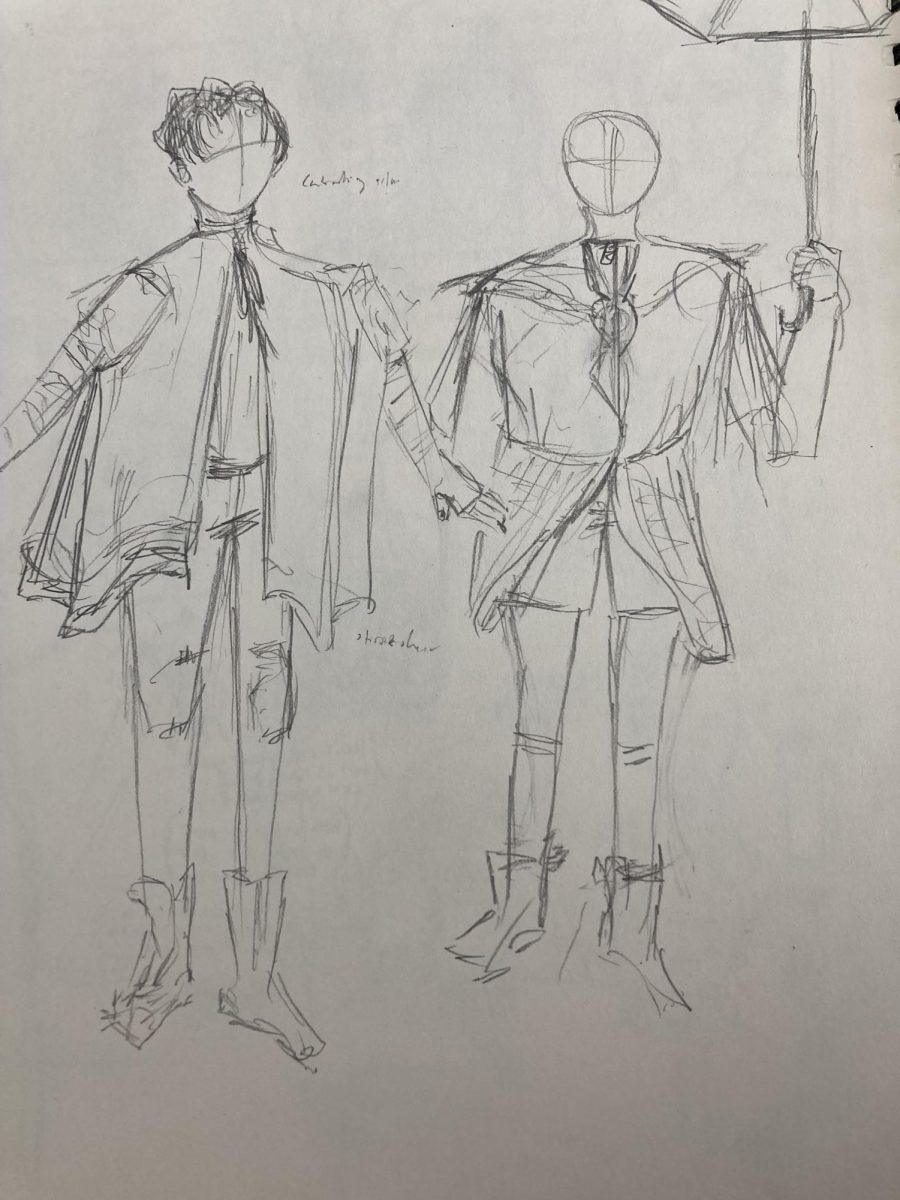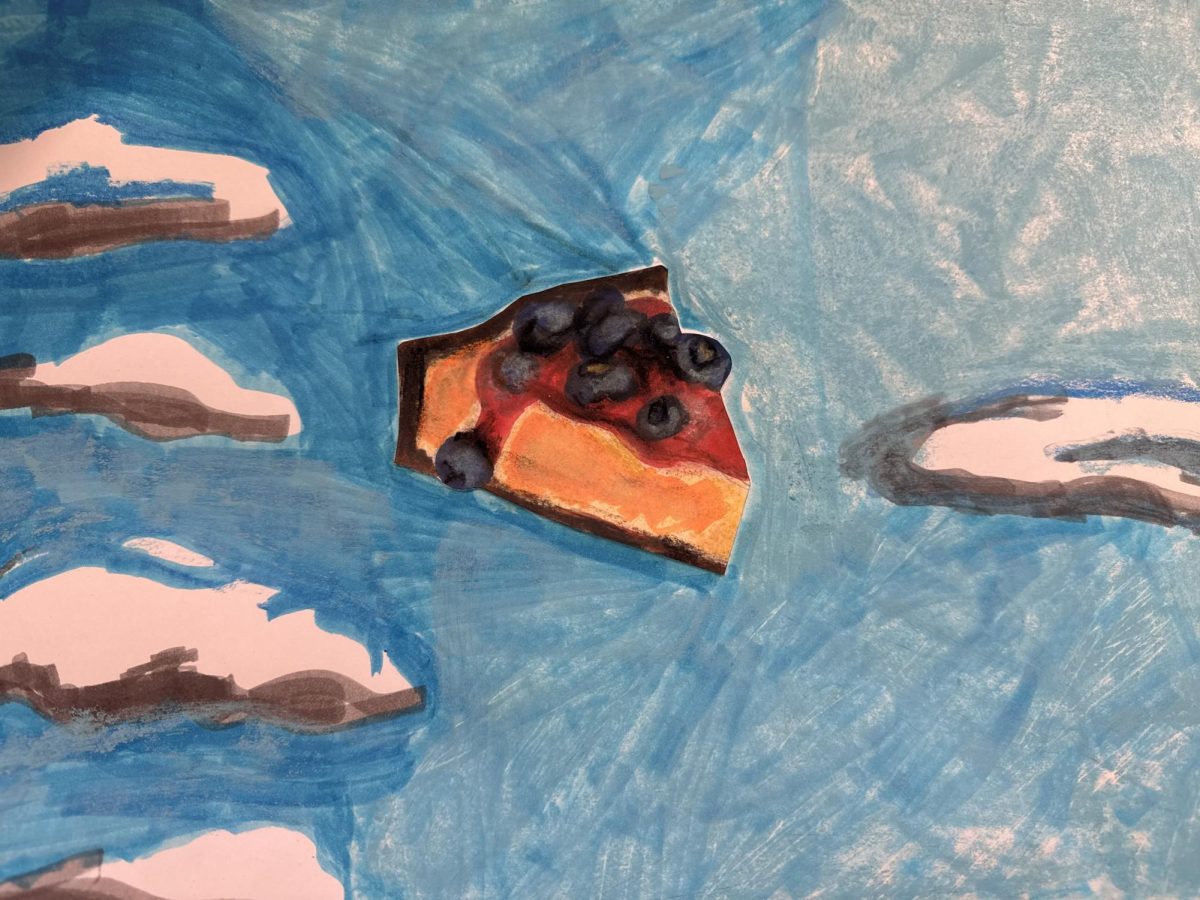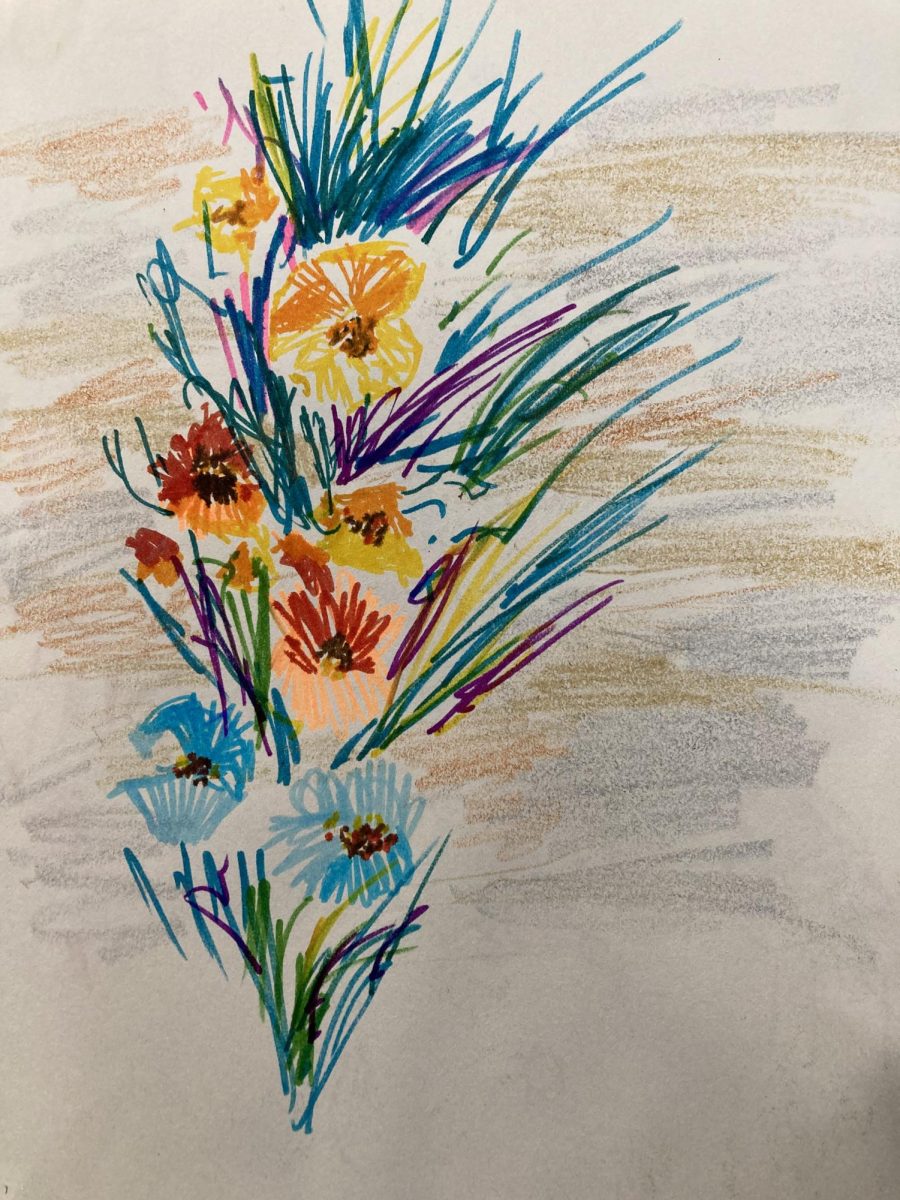Life’s Rhythm Through the Trails of Portland and Mount Hood
High up above the ground, deep in the cold meadows, lays a dense redwood cabin resting between pine trees near a mountain. As altitude rises, you get a sensation; one that feels like trapped air is stuck in your throat. It gets more difficult to breathe, with less oxygen availability. This particular mountain top is layered with glaciers, and kissed with snow. Contrary to its cold climate, it leaves warmth in my memories. A place filled with the silent howls of the wind buried in the depth of the mountain, as each nylon snow tube plops down the fluffy, yet crunchy snow made up a majority of my childhood. It was quiet, it was freezing, with warmth. Nothing comforted me more than inhaling the scent of pine, followed by a sharp exhale. Each ride to the Cascade Range reminds me of that same redwood cabin, one that was left by my grandparents.
Growing up from the city of Portland, visiting my grandparents was always the highlight of my holidays. It was fascinating to experience the stark contrast in living between the two places. In the Cascades, it was lively, filled with children’s laughter; yet it was quiet, and peaceful. Viewing everything from the top felt serene, almost therapeutic seeing deep thick greens covered in white. The white noise fills the area. The smell of bark often tickled my nose, but the warm cinnamon scent from the kitchen almost overpowers it under the fully illuminated moon. From a nine year old’s perspective, I thought Mount Hood looms like a magical giant, its snow capped peak sparkling like powdered sugar against the endless blue sky. The redwood cabin, nestled among towering trees that seem as old as time, feels like stepping into a fairy tale. Its wood creaks with stories, and the wide porch is perfect for imagining adventures in the forest beyond. Inside, the warm, smoky scent of the fireplace mixes with the comforting aroma of grandma’s baking, and the walls are lined with books and old photos that tell of a world long before I was born. To me, every nook and cranny of the cabin is a portal to wonder, from the creaky loft that feels like a secret hideout to the worn path leading to a sparkling creek where fairies must play.
With reference to fairy tales, I’ve always loved the stories told from grandpa. Particularly, one revolving around the history of the mountain itself. Streams of melted ice tumble down the rugged terrain, their soft murmurs blending with the occasional rustle of wind through ancient trees. The mountain stands tall and timeless, its beauty both humbling and inviting, a silent witness to centuries of change. Grandpa sits on a log by a campfire crackling softly, the warm glow reflecting in his wise, lined face. He leans on his cane, gesturing to the majestic peak with a thoughtful gaze.
Somewhere along the lines, “Do you see that mountain?” he begins, his voice steady yet gentle, carrying the weight of generations. “Mount Hood has been here long before any of us, and it’ll remain long after we’re gone. But it wasn’t always this peaceful. Back in the days of your great grandparents, people came here seeking gold, timber, and a better life. The mountain was a promise, but also a challenge.”
He pauses, poking at the fire with a stick, the embers flaring briefly. He went on about how his own grandfather would tell stories about travelers, one thought he could conquer Mount Hood with nothing but his pride and axe. He scoffed at the advice of locals, ignored the weather, and believed the mountain owed him its treasures. Well, the mountain doesn’t take kindly to arrogance. A storm rolled in—like they often do up there—wild and fierce, and that man learned the hard way that nature bows to no one.
Looking back at the peak, its crown now tinged with the orange hues of the setting sun. I learned that the lesson isn’t just about the mountain, but it’s also about life.You can’t force your way through it, thinking you’re above the rules. You have to listen, observe, and work with what you’re given. That’s how our family built its life here.
As the evening shadows lengthen, grandpa’s words linger in the air, a timeless truth rooted as deeply as the towering pines around them. The mountain looms quietly in the background.
But as I grew older, the call of the mountain began to blend with the hum of something else: the city. Portland, with its lights, bustling streets, and endless opportunities, felt like another world entirely. I packed my bags under its steady gaze, its peak hidden by an autumn mist, and drove westward, the mountain shrinking in the rearview mirror; my visit with my grandparents had come to an end.
Years passed, and grandpa’s stories stayed with me, not just as a tale, but as a quiet compass. Mornings often began with the view of its snow capped summit glowing pink in the sunrise, and evenings ended with its silhouette etched against a star filled sky. I learned to respect its rhythms, the sudden storms, the icy winters, and the fragile wildflowers that bloomed in defiance of the cold.
Whenever I struggled—whether it was climbing a steep trail or facing down my own frustrations, his words would surface. The mountain taught patience and lessons that lie close within me.
In Portland, life moved faster. The once so clear trails and streams of Mount Hood, became harder to apply amid the rush of deadlines and the hum of streetcars. Yet, they were never truly gone. When the city overwhelmed me with its noise, I would find a quiet moment and think of the traveler on the mountain—how arrogance and force never succeeded, but patience and respect always found a way.
The years taught me that grandpa’s story wasn’t just about Mount Hood. It was about life’s challenges, whether they came as a sudden storm on a mountain or the relentless pressures of city life. When I felt lost, I’d look eastward, where the peak of Mount Hood often hovered on the horizon, a steady reminder of what I carried with me.
One day, as I stood on a busy Portland street corner, I noticed the silhouette of the mountain in the distance. In that moment, I felt its quiet pull, not as a place to return to, but as a presence that would always ground me. Grandpa had been right all along: the mountain didn’t just teach me how to climb its trails—it taught me how to navigate life, no matter where it led.
Portland and the summer before middle school share a heartbeat. The tension between change and constancy, the pull of the unknown against the comfort of the familiar. Both are stories of places that shape identity.
Portland is a city that thrives on its contradictions. Its bridges bind disparate neighborhoods the way memories bridge childhood and adolescence. The rain is ever present, a soft rhythm like the creak of a screen door or the murmur of a grandparent’s radio. Portland’s forests echo the backyard kingdom near Mount Hood, where moss carpets the earth and trees stretch endlessly toward the sky, both spaces whispering safety in the face of change.
Portland wears its quirks proudly, like badges of honor. Its unofficial motto, “Keep Portland Weird.” is more than a slogan, it’s a battle cry. Here, the bridges aren’t just pathways; they are lifelines, knitting together a community that thrives in unity. Powell’s City of Books, the largest independent bookstore in the world, is a cathedral for the literary soul. Its aisles stretch endlessly, a network where one might lose themselves only to find something greater; an idea, a story.




